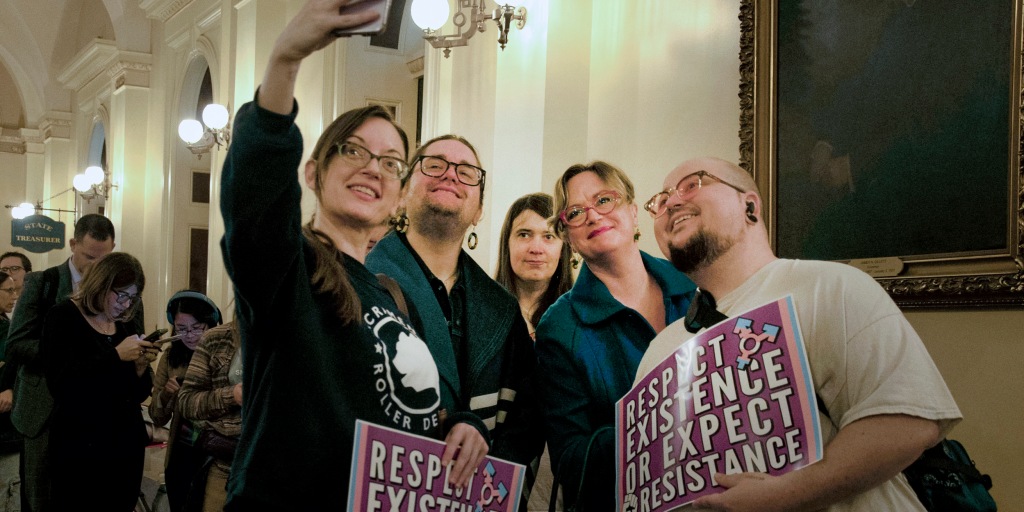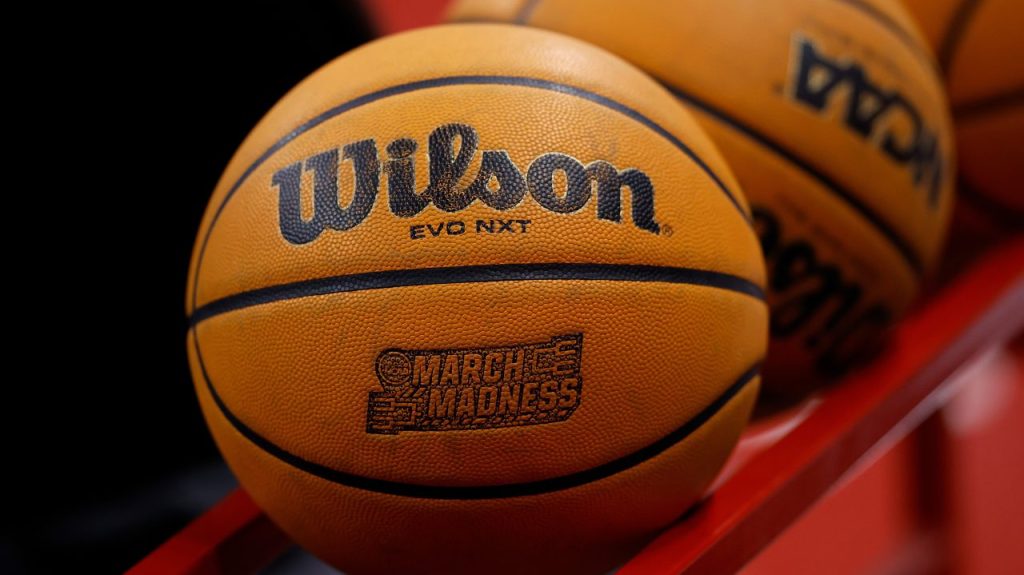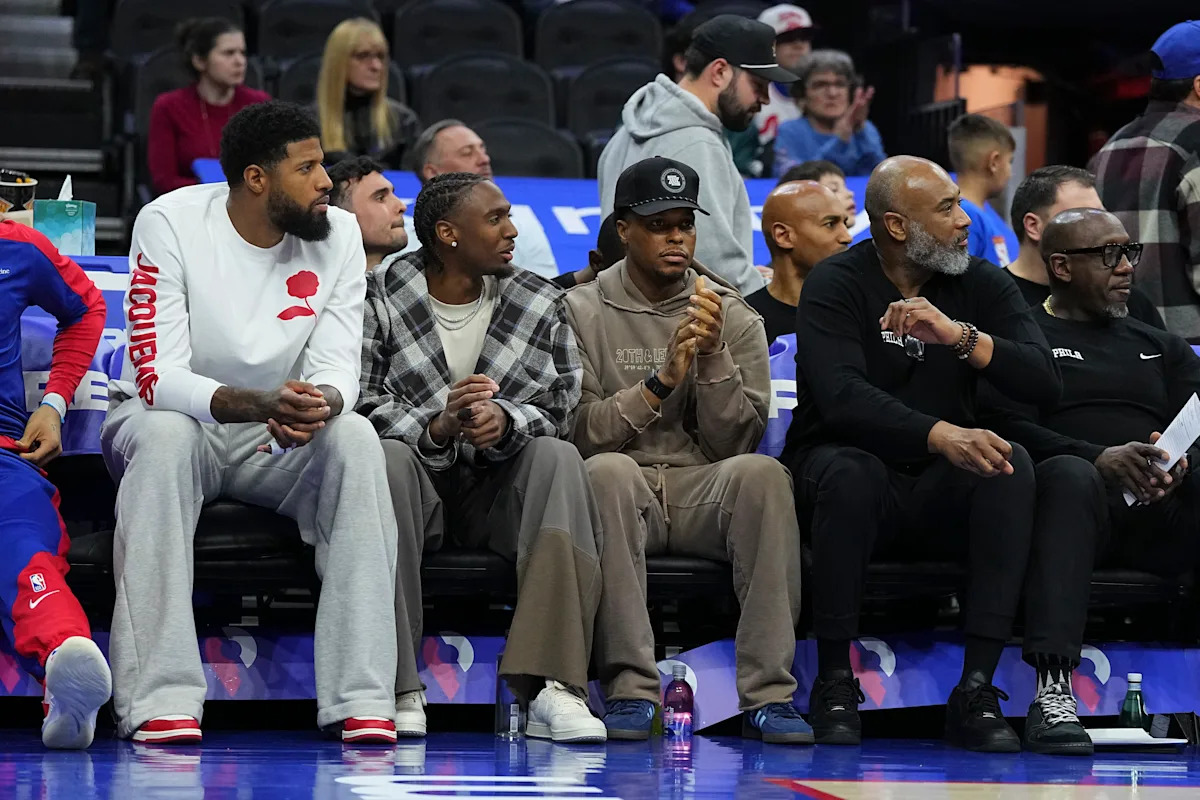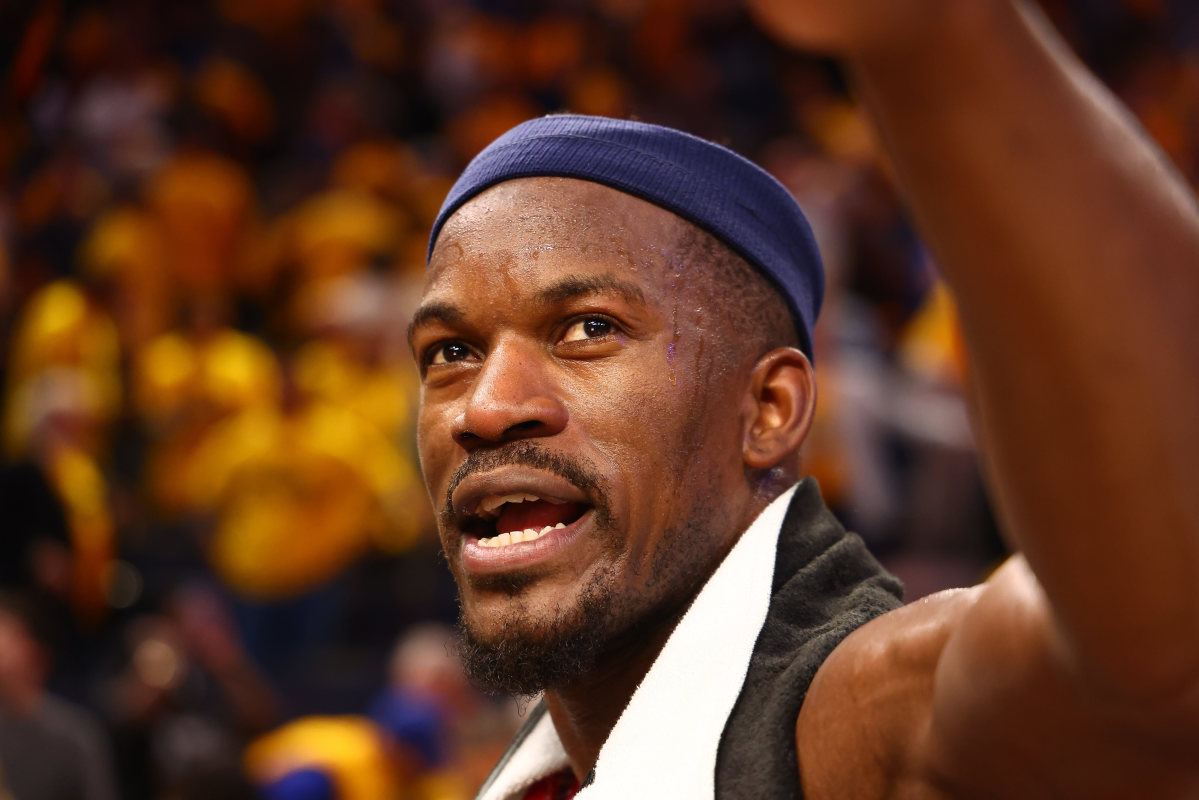Breaking Barriers: IBSA Calls on Global Community to Celebrate World Blind Sports Day
Sports
2025-04-04 07:53:28Content
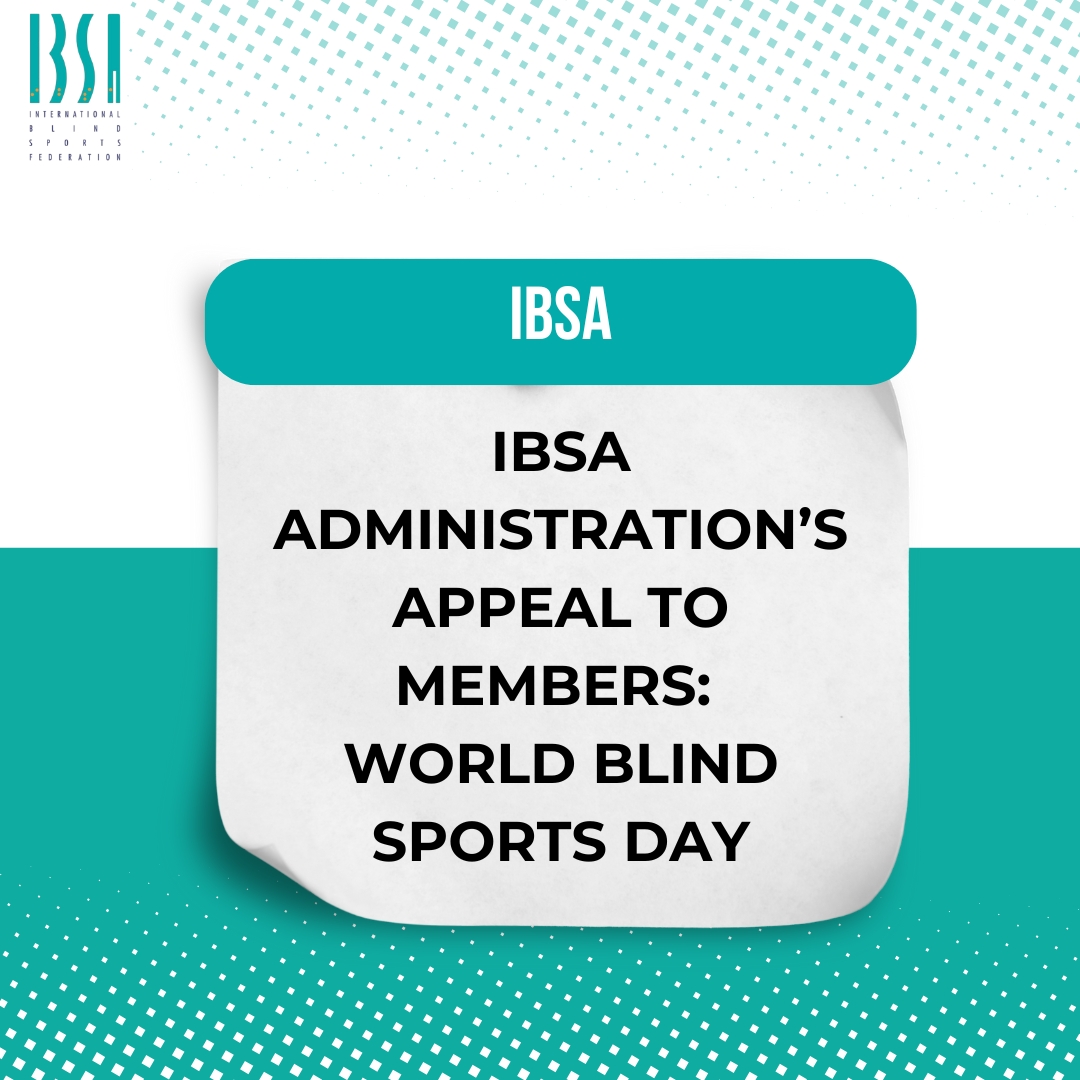
Celebrating World Blind Sports Day: A Tribute to Inclusivity and Athletic Excellence
Dear colleagues, friends, and partners,
Today, April 24th, marks a momentous occasion in the world of adaptive sports—World Blind Sports Day. This special day commemorates the founding of the International Blind Sports Federation (IBSA) in 1981, a pivotal moment that transformed the landscape of sports for blind and visually impaired athletes.
For over four decades, IBSA has been a beacon of hope and empowerment, breaking down barriers and challenging perceptions about disability in sports. This annual celebration is more than just a date on the calendar; it's a powerful testament to the incredible resilience, skill, and determination of athletes who refuse to let visual impairment limit their athletic potential.
On this day, we honor the millions of visually impaired athletes worldwide who inspire us with their extraordinary achievements, proving that passion, training, and spirit know no visual boundaries. World Blind Sports Day reminds us that sports are a universal language of human potential, transcending physical limitations.
Breaking Barriers: The Transformative Power of Blind Sports on Global Inclusivity
In the vast landscape of human potential, adaptive sports represent more than just athletic competition—they are a powerful testament to human resilience, determination, and the unbreakable spirit of individuals who refuse to be defined by physical limitations. The journey of blind and visually impaired athletes transcends traditional boundaries, challenging societal perceptions and redefining what it means to excel.Empowering Athletes, Transforming Perspectives
The Historical Roots of Inclusive Athletic Excellence
The International Blind Sports Federation (IBSA) emerged as a groundbreaking organization that fundamentally transformed athletic opportunities for visually impaired individuals. Founded in 1981, this pioneering institution recognized that disability was not a barrier to athletic achievement, but merely a different pathway to sporting excellence. By creating structured competitive environments, IBSA dismantled long-standing misconceptions about the capabilities of blind athletes. The organization's commitment extended far beyond mere competition. It represented a holistic approach to athlete development, focusing on comprehensive training programs, technological innovations, and psychological support systems that enabled visually impaired individuals to pursue athletic dreams with unprecedented vigor and precision.Technological Innovations Revolutionizing Adaptive Sports
Modern adaptive sports technologies have dramatically expanded the horizons for visually impaired athletes. Sophisticated audio-guided equipment, specialized training methodologies, and advanced sensory adaptation techniques have created unprecedented opportunities for athletic participation. These innovations are not just technological marvels but profound statements of human ingenuity and inclusivity. Cutting-edge research continues to push boundaries, developing increasingly sophisticated tools that translate physical movements into precise athletic performances. From advanced echolocation techniques in sports like goalball to intricate audio-visual training systems, technology has become a critical enabler of athletic excellence for visually impaired competitors.Psychological Dimensions of Athletic Resilience
Beyond physical capabilities, blind sports represent a profound psychological journey of self-discovery and empowerment. Athletes consistently demonstrate extraordinary mental fortitude, transforming perceived limitations into platforms for exceptional achievement. The psychological landscape of adaptive sports is characterized by remarkable determination, strategic thinking, and an unwavering commitment to personal growth. Psychological research increasingly highlights the transformative impact of sports participation on self-perception, social integration, and personal confidence. For visually impaired athletes, sporting achievements become powerful narratives of personal triumph, challenging societal stereotypes and expanding collective understanding of human potential.Global Impact and Social Transformation
The global blind sports movement represents more than athletic competition—it is a powerful social movement challenging deeply ingrained perceptions about disability. By showcasing extraordinary athletic performances, visually impaired athletes fundamentally reshape societal narratives, demonstrating that human potential cannot be constrained by physical differences. International competitions and grassroots programs have become critical platforms for cultural exchange, challenging discriminatory attitudes and promoting a more inclusive global perspective. Each athletic achievement becomes a powerful statement of human capability, transcending linguistic, cultural, and physical boundaries.Future Horizons: Continuing the Legacy of Inclusivity
As we look toward future developments, the blind sports movement stands at an exciting technological and social frontier. Emerging technologies, increasingly sophisticated training methodologies, and growing global awareness promise to further expand opportunities for visually impaired athletes. The ongoing evolution of adaptive sports represents a continuous journey of innovation, resilience, and human potential. Each breakthrough, each competition, and each athlete's story contributes to a broader narrative of human excellence that knows no physical boundaries.RELATED NEWS

Gender Sports Divide: Senate Democrats Halt Transgender Athletic Participation Restriction

Derry's Potential Game-Changer: How Rogers' Absence Could Reshape the Landscape

